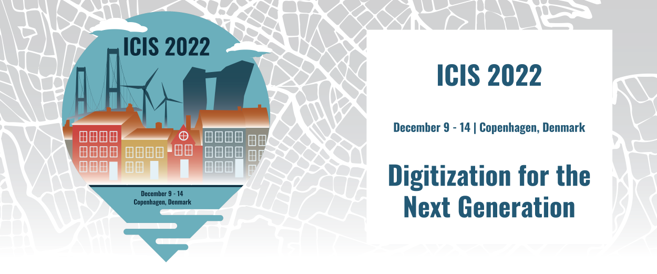Loading...
Paper Number
1933
Paper Type
Complete
Description
To face the challenge of digital transformation as well as to implement digital innovation many incumbent companies have set up digital innovation units (DIUs). Despite a steadily growing body of knowledge, there is a rather static picture of DIUs in the literature to date, and we have little knowledge of how these units evolve over time to continuously contribute to digital transformation and innovation. To lay the foundation for an understanding of DIUs as dynamically evolving entities, we conduct a multiple-case study with DIUs of five manufacturing companies and identify DIU evolution as a process driven by an interplay of life-cycle and dialectic motor of change. In the course of this, we also outline specific triggers, sequences, and the nature of change. We generalize our findings with a conceptual process model of DIU evolution and three propositions on their current and future development to inform the existing and forthcoming literature.
Recommended Citation
Lorson, Annalena; Dremel, Christian; and Uebernickel, Falk, "Evolution of Digital Innovation Units for Digital Transformation – The Convergence of Motors of Change" (2022). ICIS 2022 Proceedings. 15.
https://aisel.aisnet.org/icis2022/entren/entren/15
Evolution of Digital Innovation Units for Digital Transformation – The Convergence of Motors of Change
To face the challenge of digital transformation as well as to implement digital innovation many incumbent companies have set up digital innovation units (DIUs). Despite a steadily growing body of knowledge, there is a rather static picture of DIUs in the literature to date, and we have little knowledge of how these units evolve over time to continuously contribute to digital transformation and innovation. To lay the foundation for an understanding of DIUs as dynamically evolving entities, we conduct a multiple-case study with DIUs of five manufacturing companies and identify DIU evolution as a process driven by an interplay of life-cycle and dialectic motor of change. In the course of this, we also outline specific triggers, sequences, and the nature of change. We generalize our findings with a conceptual process model of DIU evolution and three propositions on their current and future development to inform the existing and forthcoming literature.
When commenting on articles, please be friendly, welcoming, respectful and abide by the AIS eLibrary Discussion Thread Code of Conduct posted here.



Comments
14-DigitalInnovation